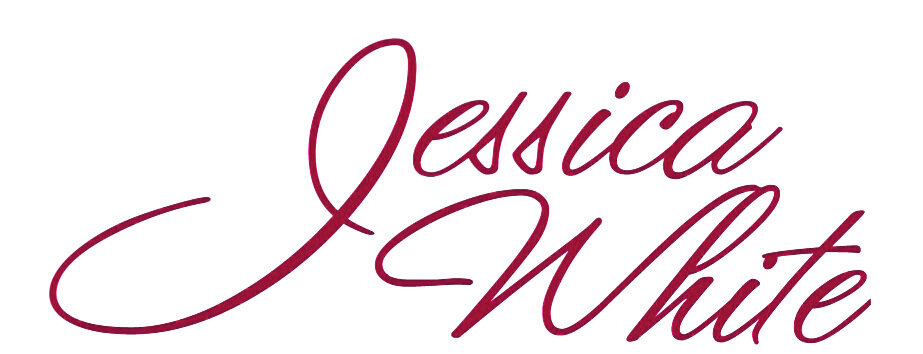#fundTrove
A few weeks ago, I presented at a symposium on Queensland Modernism on writer Dorothy Cottrell, who spent her life in a wheelchair and whose 1929 novel The Singing Gold was a sensation. After the symposium I was approached by a scholar who knew about my project on 19th century Western Australian botanist Georgiana Molloy.
‘Did you know,’ he asked, ‘that her husband was responsible for a massacre of Aboriginal people?’
‘What! No way, there’s been three biographies written on her, and none of them have mentioned him instigating a massacre.’
It transpired that this scholar had refereed a journal article by a playwright, Angela Campbell, who had written a play on Georgiana. An anthropologist named Howard Pederson had approached Campbell and asked her if she knew about the massacre. Like me, her reaction was one of surprise. In all of the research she had undertaken on Georgiana, and of the many people she had spoken to about her, there was no mention of John Molloy (who had fought at Waterloo) ordering a massacre. Pederson directed her to W.B. Kimberly’s History of West Australia, published in 1897. Kimberly described how, in retaliation for the spearing of John Layman by an Aboriginal man (whom Layman had antagonised), Captain Molloy ‘ordered his soldiers to march, and he took command of them and the chief settlers in the south west district. He gave special instructions that no woman or child should be killed, but that no mercy should be shown the men’.
While I was aware of this incident, I hadn’t known that John Molloy had instigated the violence. Campbell was astonished that this fact had been covered up, as was I. And so too was historian J.S. Battye, who wrote a more circumscribed account of the event when he published his 1924 history of the state, Western Australia: a history from its discovery to the inauguration of the Commonwealth.
When I went searching for more information on what had happened, I turned to Trove, a free online service provided by the National Library of Australia which includes information on over four million books, articles, images, historic newspapers, maps, music, archives, datasets and more. Following a series of articles published in the Western Mail in 1925, I found that Battye was taken to task for besmirching John Molloy’s name and for asking why, ‘where possible, accounts of [the incident] have been suppressed, and where that was not possible that the accounts have been watered down’. There was no answer to this, except for a heated reply from AG Layman, the grandson of John Layman, who wrote in August 1925 'I was well acquainted with many of the natives that were at Wonnerup when my grandfather was murdered, and I did not have to go to old Wheela for information. Wheela was too young at the time to know much about it, and at the most he was a most unreliable man.' Wheela was at least 86 in 1925 (on the presumption that he might have been at least two when the event happened); even if he was too young to witness a massacre his people would have known about it.
To me, this was a fascinating example of how history can be distorted by the valuing of some voices and the denigration of others. Historically, testimony by Aboriginal people has been dismissed because it is oral history. And yet the stories of some Aboriginal people are about climactic events that occurred thousands of years ago, and which contemporary scientists have corroborated.
I would never have been able to find this information without Trove, a service which, in yet another example of our government’s slow starvation of our arts and culture, is now facing funding cuts (and of course this is a government that will never tax rich corporations instead). As former manager of Trove writes of the service, ‘Our history is not in the past – it lives as a source of inspiration and unease, understanding and critique. Trove helps me to connect to that. I want it to be safe, and I want it to grow.’
The searches that I did on Trove show clearly how it can help us to critique and understand the past. Also, on a practical level – it’s online. With travel being expensive and polluting, this makes it an accessible, useful resource for scholars all over Australia.
There is a petition going around to #fundTrove, which you can sign. You can also tweet or write about the value of Trove, as I have done. And you can write to Senator Fifield or other government ministers. The people at the eScholarship Research Centre at Melbourne University have already drafted a sample letter.
Trove is an amazing resource. Please help us to keep it.










